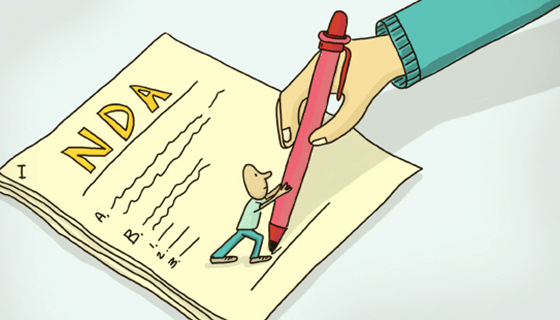How the Halo Effect Can Supercharge Your Internet Marketing
 Long ago when I first started dabbling in online marketing, I vividly remember the time I stumbled upon a software company’s website that just blew me away. The design was clean, the messaging was spot-on and the articles on that site gave me everything I needed to know to make a start in my new venture.
Long ago when I first started dabbling in online marketing, I vividly remember the time I stumbled upon a software company’s website that just blew me away. The design was clean, the messaging was spot-on and the articles on that site gave me everything I needed to know to make a start in my new venture.
Even though I didn’t buy anything at first, that brand stuck with me because it felt empowering. Here was the knowledge I needed along with the software tools that would grow my fledgling business.
A few months later when I was ready to get serious with my business, I didn’t even consider their competitors. I trusted them, and it’s all thanks to something called the halo effect.
What is the Halo Effect?
The halo effect is essentially a fancy term for first impression bias. It’s that psychological phenomenon where your first interaction with a brand or person heavily influences how you view them in the future. This initial impression colors all your subsequent experiences with them, for better or worse.
In marketing, this means that the first exposure someone has to your brand—whether it’s your website, an ad, or a social media post—can shape how they perceive your brand forever.
And that’s a pretty big deal, right?
Why the Halo Effect Matters in Marketing
Imagine you’re browsing the internet and come across two different companies offering similar products. The first company has a sleek website, clear messaging, and a seamless user experience. The second has a cluttered site with confusing navigation and outdated posts. Which one are you more likely to trust? Most people would say the first company, and that’s the halo effect in action.
A strong first impression not only draws people in but also builds a buffer against future slip-ups. If your initial interaction with a brand is positive, you’re more likely to overlook minor issues later on.
This is why creating a strong, positive first impression is crucial for building brand loyalty. If you nail that first impression, even if something goes wrong down the line—like a delayed shipment or a customer service hiccup—your audience is more likely to forgive you.
How to Leverage the Halo Effect in Your Marketing
So, how can you ensure that your first impression is a winner? Here are a few tips:
- Polish Your Brand’s Presentation: Make sure your website, social media profiles, and any other customer touchpoints are visually appealing and easy to navigate. Consistency in branding and messaging is key.
- Craft Clear, Compelling Messaging: Your value proposition should be immediately apparent. Visitors should know within seconds what you offer and why it’s valuable to them.
- Deliver Exceptional Customer Experience: From the first click to the final purchase, ensure every step of the customer journey is seamless. A hassle-free experience builds trust.
- Engage Right from the Start: Use personalized greetings, targeted offers, or even live chat to make new visitors feel welcome and valued.
- Follow Up: After that first interaction, keep the momentum going with follow-up emails, offers, or content that adds value. This reinforces the positive impression and keeps your brand top of mind.
The halo effect isn’t just a psychological quirk; it’s a powerful tool in your marketing arsenal. By focusing on making a stellar first impression, you can set the stage for long-term customer loyalty and even turn potential missteps into minor blips rather than dealbreakers.
Next time you’re evaluating your marketing strategy, take a hard look at those initial touchpoints. Are they setting the right tone? Are they representing your brand in the best possible light? If not, it’s time for a makeover. Remember, the halo effect is real, and it’s working for or against you every single day. So why not make it work in your favor?















